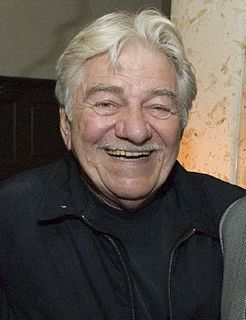A Quote by Brandon Sanderson
The number 1 thing that I don't want to see in a story is when characters exist simply to be proven wrong.
Related Quotes
There are times that you have a plot in your head, but then you find that the characters don't want to do that. When you're looking at the story from the outside, you can create whatever twists and turns you want. But when you're writing, you're inside the characters' heads, and you see that they may be motivated to do something different.
It's not wrong to be upset. It's not wrong to cry. It's not wrong to want attention. It's not even wrong to scream or throw a fit. What is wrong is to keep it all inside. What is wrong is to blame and punish yourself for simply being human. What is wrong is to never be heard and to be alone in your pain. Share it. Let it out.
You have to do three things really well to make a successful film. You have to tell a compelling story that has a story that is unpredictable, that keeps people on the edge of their seat where they can't wait to see what happens next. You then populate that story with really memorable and appealing characters. And then, you put that story and those characters in a believable world, not realistic but believable for the story that you're telling.
When you tell a story, there are imperatives of structure, of style, of pacing and all of this, that are there simply because you want to make it a good story. When do you introduce your characters? When do you put them onstage, when do you take them off the stage? How do you weave the different threads of the narrative together?
I'm going to be working the next 25 or 30 years. People like me, if we want, number one, for no benefit reductions for our parents and our grandparents, number two, for the system to survive and exist for us, and, more importantly, number three, for the system to exist for us children, we are going to have to make reforms to that system.
I think up to this point, it's been difficult to suggest a world where Batman and Superman and Wonder Woman and others could exist in the same universe. That was one of the things I really wanted to try and get at. Not to mention, the amazing opportunity to bring those characters and have those characters tell an important story, their own story, within the confines of a film.
I think that when I'm telling a story, I'm doing the best I can to tell the story as fully as I can, and if there are various fractures that happen in the story, then that's just the very thing that the story is as opposed to my looking for avenues of difference in one story. They just really do exist. For me, anyway.





































